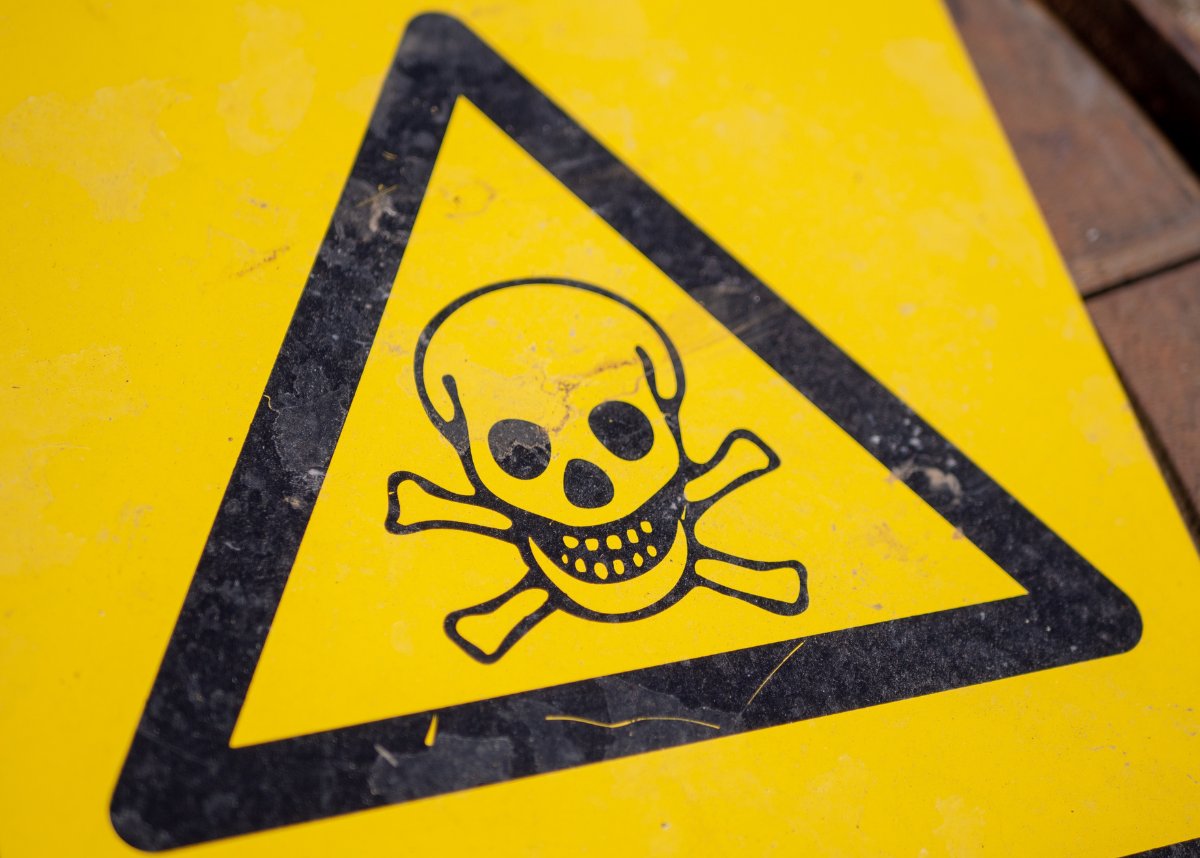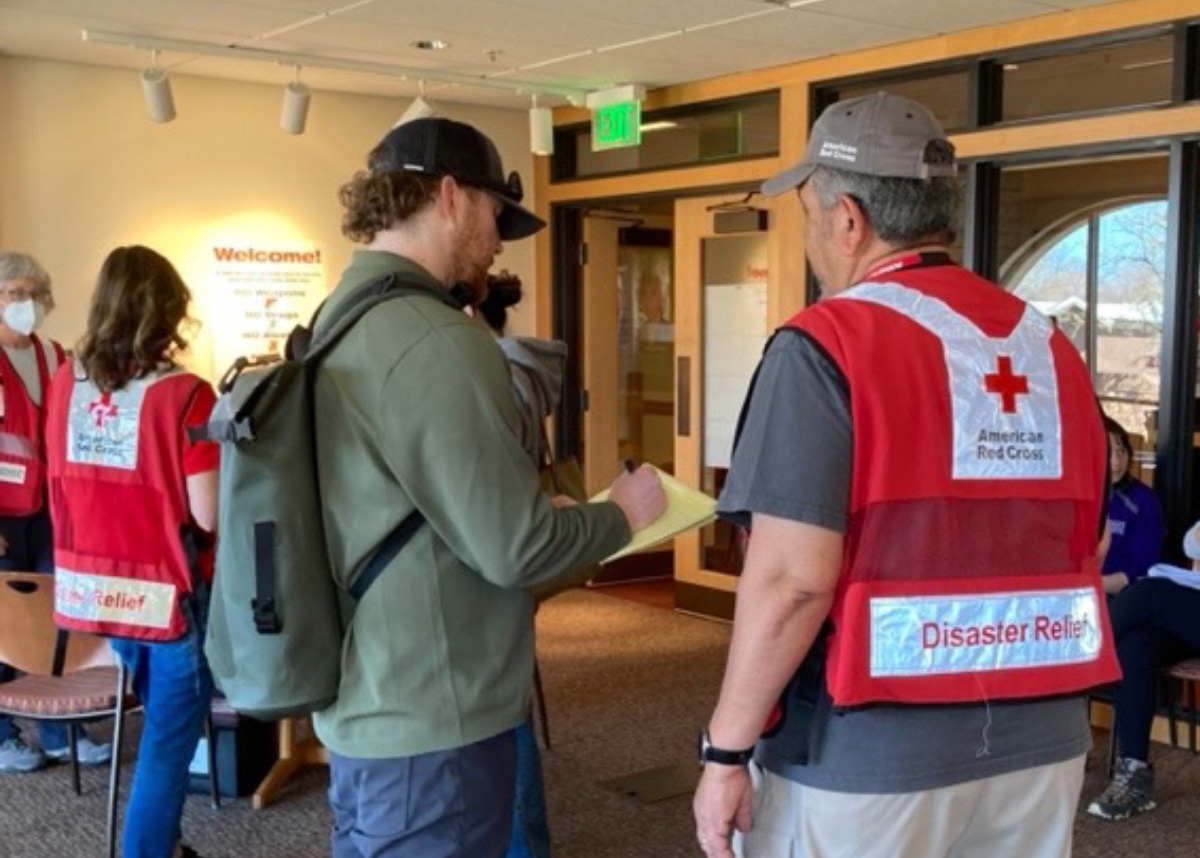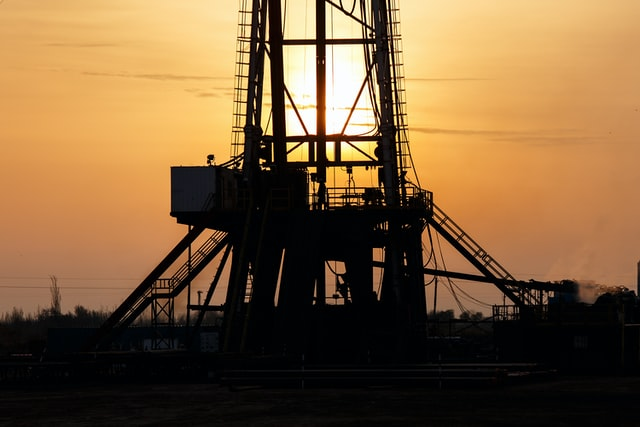News
Department of Environmental & Occupational Health
-

New National Academies report provides scientific review of EPA’s Draft Formaldehyde Assessment
Aug 9, 2023A new report from the National Academies of Sciences, Engineering, and Medicine, undertaken by the Committee on the Review of EPA's 2022 Draft Formaldehyde Assessment and chaired by Jonathan Samet, MD, MS, professor and former dean of ColoradoSPH, recommends that EPA revise its draft assessment to be more easily followed.Full story -
/chwe-newsroom/chunko-raissa-001.jpg?sfvrsn=30b13cbb_0)
Student Spotlight: Raissa Chunko
Aug 1, 2023One of the many ways we work to protect workers is through educating and training future leaders in occupational safety and health. As part of our Student Spotlight series highlighting our trainees, we interviewed Raissa Chunko, a Mountain & Plains Education and Research Center trainee earning a Master's in Health Physics from Colorado State University.Full story -
.jpg?sfvrsn=16137dbb_0)
ColoradoSPH launches a Rocky Mountain COVID Data dashboard to help public health officials across the Rocky Mountain West
Aug 1, 2023As the COVID pandemic made clear, public health officials need to be equipped with the best available information to optimize public health operations both now and in the future. To answer this call, researchers at ColoradoSPH have created and launched the Rocky Mountain COVID Data dashboard.Full story -
/chwe-newsroom/blog-banner-(2).jpg?sfvrsn=1e2232bb_0)
Colorado School of Public Health Team to Train Mexico’s Social Security Workers in Workplace Health, Safety and Well-BeingOpens in a new window
Jul 22, 2023A team from the Center for Health, Work & Environment will host 200 Mexican Institute of Social Security occupational health and safety professionals in Puebla, Mexico for a two-week training in Total Worker Health.Opens in a new window Full story -
.jpg?sfvrsn=f89732bb_0)
A first-of-its-kind training program for doctoral students focused on climate and worker safety & health
Jul 21, 2023The Center for Health, Work & Environment at ColoradoSPH will soon be training researchers to address the impact of climate change on the health of workers. It’s newly established training program for doctoral students, Targeted Research Training Program in Climate and Worker Safety and Health, is the first of its kind in the United States.Full story -
-(1).jpg?sfvrsn=85130bb_0)
Climate change and the health of Vietnamese subsistence farmersOpens in a new window
Jul 14, 2023Colorado School of Public Health research team, including Miranda Dally and Megan Cherewick, partner with the International Labour Organization’s Vision Zero Fund to study the effects of climate change in Vietnamese agricultural workers.Opens in a new window Full story -
.jpg?sfvrsn=81a34bb_0)
Here's how to keep wildfire smoke out of your homeOpens in a new window
Jun 8, 2023With wildfire season upon us, cities across the United States are being urged by health officials to stay inside, but even indoor air can be hazardous. “There are two general ways to decrease your exposure to wildfire smoke – breathe less or breathe cleaner air." Mike Van Dyke, PhD, gives tips on how to keep your indoor air clean when under an air quality alert.Opens in a new window Full story -
/chwe-newsroom/janalee.jpg?sfvrsn=eae829bb_0)
Alumni Spotlight: Janalee McKnightOpens in a new window
Jun 7, 2023In our Alumni Spotlight series highlighting our graduated MAP ERC trainees, we interviewed Janalee McKnight, an ergonomics and safety graduate working as the Senior Manager, Global Health and Safety Training Programs at VF Corporation.Opens in a new window Full story -
/chwe-newsroom/blog-banner-(1).jpg?sfvrsn=b90829bb_0)
Strengthening Future Workplace Leaders Through Interdisciplinary Education
Jun 2, 2023Now in its tenth year, the MAP ERC Interdisciplinary Course follows a field consultation format allowing students to develop specific occupational health and safety assessment, leadership, and communication skills. We asked our current trainees about the impact this course has had on their educational journey.Full story -
/img_1185-76.jpg?sfvrsn=d91528bb_0)
Agricultural Worker Mental Health in Southern ColoradoOpens in a new window
Jun 1, 2023While doing a preliminary assessment for environmental health hazards for the agriculture workforce in Southern Colorado, researcher Kathy James was redirected. Her community partners sounded an alarm for a behavioral health crisis in the Ag community.Opens in a new window Full story -
/chwe-newsroom/twh-quote.jpg?sfvrsn=39bf28bb_0)
Student Spotlight: Phillip Stepherson
May 30, 2023One of the many ways we work to protect workers is through educating and training future leaders in occupational safety and health. As part of our Student Spotlight series highlighting our trainees, we interviewed Phillip Stepherson, a Mountain & Plains Education and Research Center trainee earning a Master's in Industrial Hygiene from Colorado State University.Full story -

Once 'paradise,' parched Colorado valley grapples with arsenic in waterOpens in a new window
May 22, 2023The study, led by Kathy James, ColoradoSPH associate professor, focuses on arsenic in private drinking wells in San Luis Valley groundwater, which she says has been gradually increasing in drinking wells over the past 50 years.Opens in a new window Full story -
.jpg?sfvrsn=288530bb_0)
Recognizing our ColoradoSPH 2023 award winnersOpens in a new window
May 19, 2023The Colorado School of Public Health students, faculty, and staff are recognized each year at the annual awards ceremony. “We could not do this work without the commitment and dedication of our outstanding faculty, staff, students, and community partners,” said Dean Jon Samet.Opens in a new window Full story -
/chwe-newsroom/attorney-general-event-26-copy.jpeg?sfvrsn=95d82ebb_0)
How Can Employers Help When Workers Struggle With Substance Use?Opens in a new window
May 12, 2023Centers from the University of Colorado Anschutz Medical Campus are partnering with state leaders and employers to help employees in recovery through the Recovery Friendly Workplace Initiative.Opens in a new window Full story -

Unique university partnership gives students the critical training and skills to respond to complex humanitarian crises on a global scale
May 8, 2023Assistant Professor Courtney Welton-Mitchell, in a partnership with University of Denver, developed an experiential simulation model designed to prepare students for the challenges of humanitarian work in complex crises, addressing the growing need for skilled professionals in the field.Full story -
/chwe-newsroom/09-dec21_seeding_women_03.jpg?sfvrsn=df8423bb_0)
NIH Funds $3 Million Research Grant to Study Kidney Health in Guatemalan Women
May 8, 2023Researchers from the ColoradoSPH received a $3 million research grant from the NIH. The R01 grant will assess Guatemalan womens’ exposure to air pollution, heat, and kidney toxins in both work and non-work settings.Full story -

NORA Oil & Gas Extraction Summit Spotlights Psychosocial Stressors as Top Risk
Apr 27, 2023Oil and gas extraction workers face many risk factors for workplace substance use. These include insecure employment, long work hours, fatigue, physically demanding work conditions and environment. While hosting and attending the NORA Oil & Gas Extraction Council 2023 Spring Health and Safety Summit, Cortney Cuff summarizes two days of impactful presentations.Full story -
/chwe-newsroom/stephen-copy.jpeg?sfvrsn=d29527bb_0)
Take a Walk with a Lab Guy
Apr 26, 2023If you are looking for Stephen Brindley, MS, the lab might be the only place you find him sitting. 15,900 steps a day. 111,400 steps a week. 200 miles a month. Brindley is on the move. Working as a senior professional research assistant, Brindley is a sought after “lab guy.”Full story -
.jpg?sfvrsn=d67a27bb_0)
ColoradoSPH continues to rank in the top 20 public health schools and programs in the nationOpens in a new window
Apr 25, 2023U.S. News and World Report has once again named the Colorado School of Public Health among the top 20 schools and programs of public health in the nation.Opens in a new window Full story -
/chwe-newsroom/linkedin-sales-solutions-wxzv6hwn7gq-unsplash.jpg?sfvrsn=667527bb_0)
What Learners are Saying: Total Worker Health® Professional Program
Apr 25, 2023Our center released the Total Worker Health Professional Program six months ago and have since wondered, what has been the impact of this course? How are our learners using their knowledge to create change in the workplace?Full story


